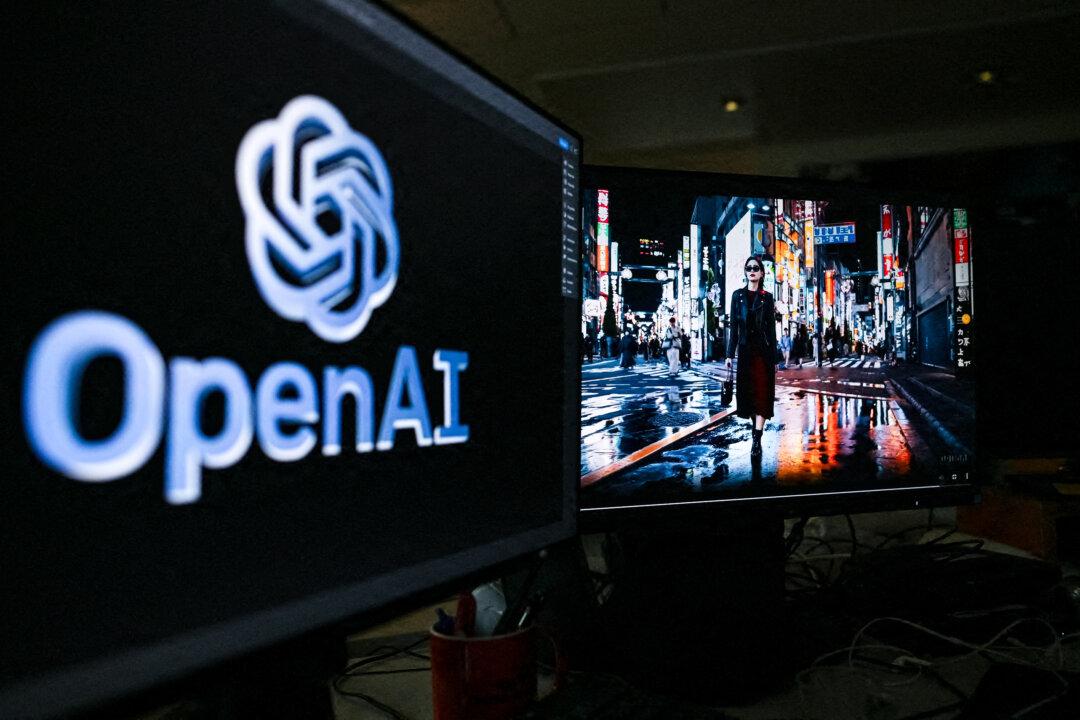OpenAI is suing Elon Musk, accusing the tech billionaire of engaging in a harassment campaign against the artificial intelligence research company.
In November, Musk filed a lawsuit against OpenAI to prevent the nonprofit from transitioning to a for-profit enterprise. The complaint argued that Musk co-founded OpenAI together with current CEO Sam Altman, President Greg Brockman, and former lead scientist Ilya Sutskever, who is no longer with the company, following express commitments that the entity remain a nonprofit “dedicated to the development and broad distribution of open and safe AI for the public benefit, not concentrated for shareholder profit.”





